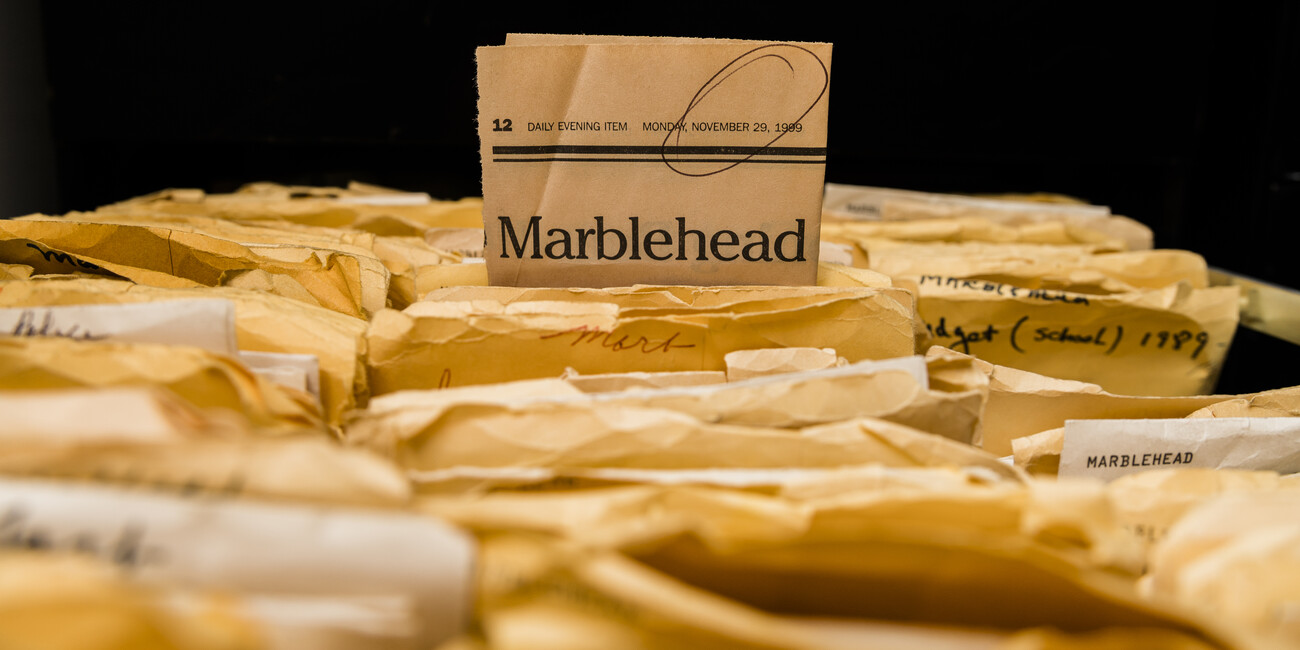If you’ve made it to page B4 of this week’s Marblehead Weekly News, chances are you’ve already read quite a lot about what happened at this year’s Annual Town Meeting. Controversy erupted over topics like the $2.5 million override, the Human Resources Department, and the creation of a transportation revolving fund for the School Department.
All of that controversy was far from unexpected — residents in Marblehead care a lot about this town.
But, what if I told you that in 1963 — 60 years ago — Marblehead witnessed a stunningly uncontroversial Town Meeting.
That year, Town Meeting came to a close on the morning of March 13 after just two sessions, and voters backed a series of appropriations that “practically assured” a $62 tax rate for the third consecutive year. While voters mostly stuck to recommendations made by the Finance Committee, they did override the committee on two issues. The same cannot be said of recommendations by the Planning Board, where voters, in what The Daily Evening Item described as “an unexpected development,” approved a proposal to create an apartment house district in Devereux.
The new district was bounded by Pleasant Street and Baldwin, Higgins, and Mohawk Roads — the former site of the Oliver P. Killam estate, and the area where The Mariner now sits. Killam himself brought forward the proposal, and 1963’s Town Meeting marked the second year in a row he had sought the creation of the district. His proposal had faltered the year prior due to an error in its wordage.
The approval from Town Meeting marked the conclusion of his “two-year one-man fight.”
Killam told Town Meeting he purchased the property in 1941 and had since renovated two existing buildings into apartment houses. He explained it was not “economically viable” for the property to be renovated as a single residence.
Objections to the proposal ranged from concern over potentially declining property values in the area to the belief it could set a “dangerous precedent” and allow for further expansion of the district. Planning Board Chairman John Pepper told voters his committee felt the proposal “had merit,” but ultimately opted to recommend against it.
The measure passed by a two-thirds vote.
Other highlights from 1963 include voters rejecting an offer by an abutter to purchase Black Rock Lane, a public way on the Neck, for $1,000.
A bevy of financial articles received mixed results, with voters approving a $1.78 million request for the School Department’s budget, a request by Police Chief George E. Girard for an additional $8,200 for two permanent patrolmen in his department, and $1,840.98 for the School Committee to study additional school needs.
Other proposals, including one from Fire Chief Edward G. Creighton for an amendment calling for three additional firefighters, were shot down.
1963’s Town Meeting also marked the final proceeding moderated by Town Moderator Carl Gleason, who completed 30 years of service and announced he would not be seeking reelection. It’s a fitting parallel to the goings-on in town this year, with Town Moderator Jack Attridge managing the proceedings after Gary Spiess, who served for 16 years, opted not to run for a 17th term. Spiess passed away in November.

